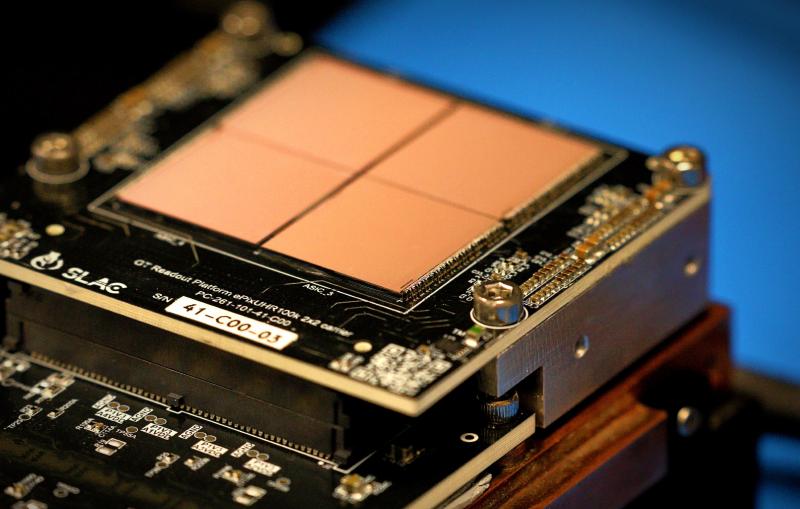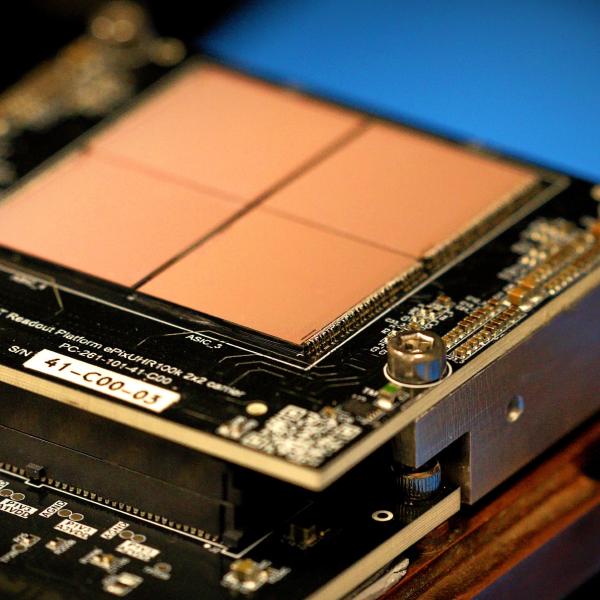
Video
Public lecture presented by Julia Gonski

Past Event
Public Lectures
Expecting the Unexpected with AI at Particle Colliders
Register to watch in person in the Kavli Auditorium, or watch the lecture live on our YouTube page. In particle physics, we search for...

News Feature
Oak Ridge National Laboratory
Standing up the nation’s supercomputing pipeline for streaming big data in real time



Illustration
Scientists have developed an AI-based method that helps gather data more efficiently in the search for new materials, allowing researchers...


















